Jenne Reische is a Clackamas Soil and Water Conservation District Riparian Specialist. While cross-trained and experienced in many areas of conservation resource planning, Reische has a particularly well-regarded talent in working with the many landowners in Clackamas County who have rivers or streams on their property. Her work in this area earned her statewide recognition in 2014!
What does a Riparian Specialist do?
“Riparian” means relating to or situated on the banks of a river or other body of water. In her work with the District, Reische works with landowners to manage projects on private and public land that benefit fish and wildlife habitat, stabilize stream banks, and improve water quality of our local streams. This valuable work includes restoring riparian vegetation along stream banks and in floodplains so that floodwaters are slowed, reducing erosion and capturing nutrient-laden sediment.
In urban areas, healthy riparian zones can counteract the effects of concentrated runoff from pavement and buildings, protecting water quality and the river channel itself.
Project Highlights
Reische officially joined District staff in 2008 after working with the USDA Natural Resources Conservation Service where she provided technical support to conservation district staff. She developed expertise in the Conservation Reserve Enhancement Program (CREP), that helped landowners establish riparian buffers on agricultural land. Her first CREP project in Clackamas County helped the landowners earn recognition as Cooperators of the Year in 2012 by the Oregon Association of Conservation Districts.
In her tenure with the District, Reische has worked with many landowners within Clackamas County and has undertaken some notable projects including streambank restoration in the Molalla River Watershed and a project to remove an old agricultural in-stream dam that blocked fish from reaching 2.5 miles of high quality habitat on Milk Creek. She is recognized as an expert in her field and often provides technical support to our partner watershed councils, Oregon Department of Fish and Wildlife, and the Oregon Department of Forestry.
Influences
Reische grew up in Michigan where she received her Bachelor of Science Degree in Forestry from Michigan State University. Her family placed a high value on being outdoors, enjoying hunting, fishing, and hiking. For many years, her uncle was a lead naturalist at Hartwick Pines, an old growth pine forest in Michigan. “I loved it there,” said Reiche. “Ever since I could walk, I spent weekends visiting a family farm with my dad and going hunting with him every fall. I loved walking in the woods. Forestry was the way to go — that was my happy place.”
After graduation, Reische worked with the Michigan Department of Natural Resources. After getting involved in the Michigan Envirothon, she realized she was deeply interested in environmental education, so she moved to Oregon and obtained her Masters Degree in Environmental Education from Southern Oregon University.
While in graduate school, Reische worked with the U. S. Forest Service conducting stream surveys and assisting a technical team in the Rogue Basin. When her husband, who worked for the Bureau of Land Management, took a new position, the family moved to the Portland metro area.
Goals
Reische’s extensive background in forestry, rivers and streams, wildlife habitat, and biology makes her a valuable member of the District’s Conservation Specialist team.
“One of the things I like most about my job is helping landowners realize their stewardship and conservation goals,” says Reische. “I really love working with rivers, but I enjoy conservation work in the uplands as well.”
In between the larger projects, Reische works with landowners to fence livestock away from streams, develop off–stream watering facilities for animals, and plant native trees and shrubs for wildlife habitat and water quality. Beyond streamside work, she is also excited to be restoring oak woodland habitat, an important type of habitat that is quickly disappearing from the Willamette Valley.
Reische notes, “Oak woodland and savannas in the Willamette Valley have been an undervalued habitat for many years. Oregon white oak habitat has recently gained more attention and has become a conservation priority with the Oregon Fish and Wildlife Department. We have lots of wonderful opportunity to work with landowners in Clackamas County to restore this habitat on private land.”
Are you interested in helping conserve, restore, or establish oak habitat in Clackamas County? Give us a call at 503-210-6000!





